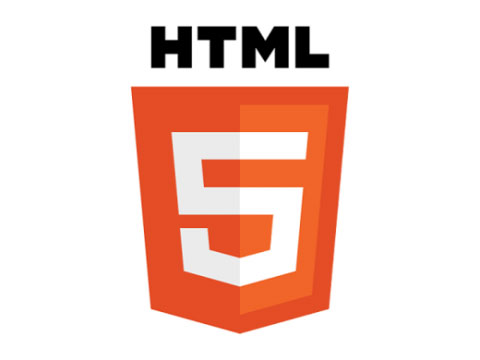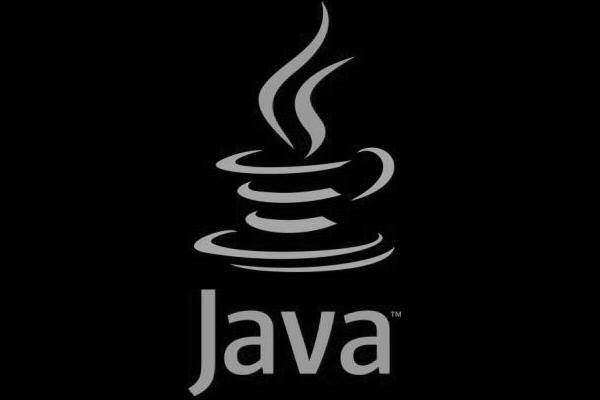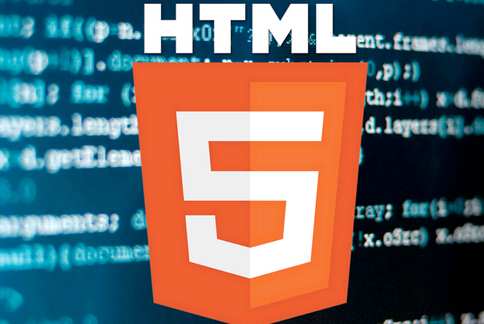
1. Offline storage There is a web application with three files index.html, a.js, b.css. Now it is necessary to cache the js and css files 1. Add 2.The manifest format is as follows CACHE MANIFEST #The above sentence is required #v1.0.0 #Files that need to be cached CACHE: a.js b.css #Files that do not need to be cached NETWORK: * #Unable to access page FALLBACK: 404.html 3. The mime-type of the manifest file must be text/cache-manifest type Note: 1. For each inde
1. How to distinguish html5 offline storage and local cache Detailed example explanation

Introduction: There is a web application with three files index.html, a.js, b .css, now you need to cache the js and css files 1. Add to index.html 2. The manifest format is as follows
2. Introduction to WeChat Development (11) Update the data on the previous page

##Introduction: Xiao During program development, there is often a need to pass the current page data to the previous page, but wx.navigateBack() cannot pass the data. The general method is to put the current page data into the local cache, and then take the previous page out of the cache.
3. Introduction to WeChat Development (9) Local Cache

4.

5.
#Introduction: Each WeChat applet can have its own local cache. This article mainly introduces the WeChat applet-detailed explanation of data caching. The local cache can be cached through functions. Setting, obtaining and cleaning, if you are interested, you can learn about it.
6.  Detailed explanation of the difference between html5 web storage and cookies
Detailed explanation of the difference between html5 web storage and cookies
7. php is really Static cache ob system function php function return value php array php date function 
Introduction: php, function: php true static cache ob system function: true static cache: (really generates an html page, and calls the html directly in the next operation) The first time (refresh the web page) to determine whether there is a cache file (can be set for a time) If it does not exist, the first time is to connect to the database (according to PDO), find the data, output it to the page, and cache (write) it to a local .html file at the same time; Again (refresh the web page) to determine whether the cache file exists When a cache file exists, directly search the local cache (file_get_content) and read the following code in c
8. Nginx browser local cache settings
Introduction: Nginx browser local cache settings: Browser cache can be implemented by outputting the Header header through the expires directive. The syntax of the expires directive is as follows: Syntax: expires [time|epoch|max|off] Default value: expires off Scope: http, server, location Purpose: Use this command to control the header information of "Expires" and "Cache-Control" in the HTTP response (to control page caching). You can do this in t
Introduction: How to make the page directly call the program on the server instead of calling the locally cached page. Try this:) br It should be fine. . br header(quot;Expires: Mon, 26 Jul 2000 05:00:00 GMTquot;);br header(quot;Last-Modified: quot; . gmdate(quot;D, d M Y H:i:squot;) . quot; G
# #Introduction: How can the page directly call the program on the server instead of calling the locally cached page? Program|Server|Cache|Page
[Related Q&A recommendations]:
zend-opcache - How does php's new opcache store some temporary caches like apc?
java - Why does HttpServlet's getLastModified return -1?
javascript - How to cache some data locally with js How to implement
ios - There is a reload method in the weex WXSDKInstance class that occasionally loads the interface Failed
Page Cache - How to disable user local browser cache in PHP?
The above is the detailed content of Summarize the examples of local caching. For more information, please follow other related articles on the PHP Chinese website!




